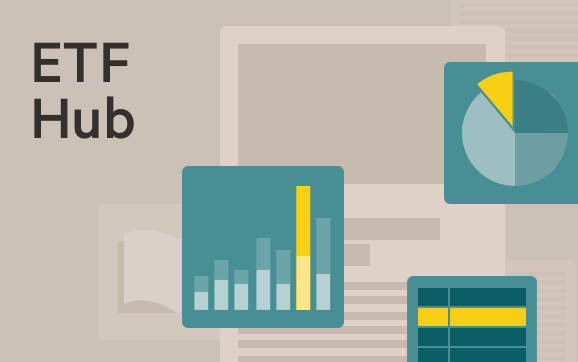South Korean retail investors join global move to ETFs

Simply sign up to the Exchange traded funds myFT Digest -- delivered directly to your inbox.
Latest news on ETFs
Visit our ETF Hub to find out more and to explore our in-depth data and comparison tools
South Korean retail investors are showing a greater appetite for exchange traded funds in lieu of mutual funds, coinciding with a push to loosen regulations and spearhead product innovation, according to a Cerulli report.
Macroeconomic headwinds that affected markets globally last year resulted in broad South Korea fund industry assets plunging 5.8 per cent to Won341tn ($261bn) from Won361.9tn in the previous year, data compiled by Cerulli show.
By contrast, ETFs fared much better during the period, realising a 6.1 per cent increase in assets from Won74tn in 2021 to Won78.5tn.
This compares with the 8.8 per cent decline in long-term mutual fund assets from Won288tn in 2021 to Won262.5tn in 2022.

This article was previously published by Ignites Asia, a title owned by the FT Group.
However, volatile market conditions still resulted in a significant decline in net new inflows into domestic ETFs, which booked just Won1tn last year from Won18.7tn in 2021.
Cerulli noted that this was still a “decent performance” compared with mutual funds, which suffered net outflows of Won15.6tn last year.
This showing was a result of relaxed regulations and strong product innovation led by the local bourse, the report noted.
The Korea Exchange in July last year revised rules for bringing ETFs to market, relaxing disclosure mandates and improving the listing review regulation process for ETFs, exchange traded notes and equity-linked warrants.
Over the past two years, the exchange has also focused on a bevy of new index launches, such as the Kospi USD Spot Index in May, the KRX Gold Spot Leverage Index in August and the Kospi 200 Top 10 Index and Kospi 200 Top 10 Leverage Index in June 2021.
Local fund house Samsung Asset Management listed its the first global blockchain-related ETF in Asia in June last year.
Other innovations in South Korea included the launch of ETFs tracking new underlying indices and hybrid ETFs centred on a single stock and maturity-matching bond ETFs with lifespans, according to the report.
Cerulli said ongoing interest rate hikes had made short-duration Korean bond funds more attractive and those launched within the past two years booked the most inflows last year.
Latest news on ETFs

Visit the ETF Hub to find out more and to explore our in-depth data and comparison tools helping you to understand everything from performance to ESG ratings
As of the end of 2022, aggregate assets under management of Korean bond ETFs launched in 2022 was $1.8bn, up from $1bn in 2021.
The market is poised to continue easing ETF regulations. Last month, Seo Yoo-seok, president of the Korea Financial Investment Association, unveiled plans to endorse further loosening ETF regulations in Korea in line with international standards, according to Cerulli.
Of the 139 ETF launches last year, the majority were in the technology equity sector, with 23 launches, followed by South Korea equity with 21 and US equity large-cap blend with 12.
Samsung Asset Management’s Samsung Kodex KOFR Active ETF (SYNTH) registered the highest inflows last year at $2.4bn.
Highly concentrated portfolios with a new strategy of mixing bonds with single stocks in technology firms such as Nvidia and Tesla also proved popular and banked on the recovery of the tech sector.
*Ignites Asia is a news service published by FT Specialist for professionals working in the asset management industry. Trials and subscriptions are available at ignitesasia.com.
Comments